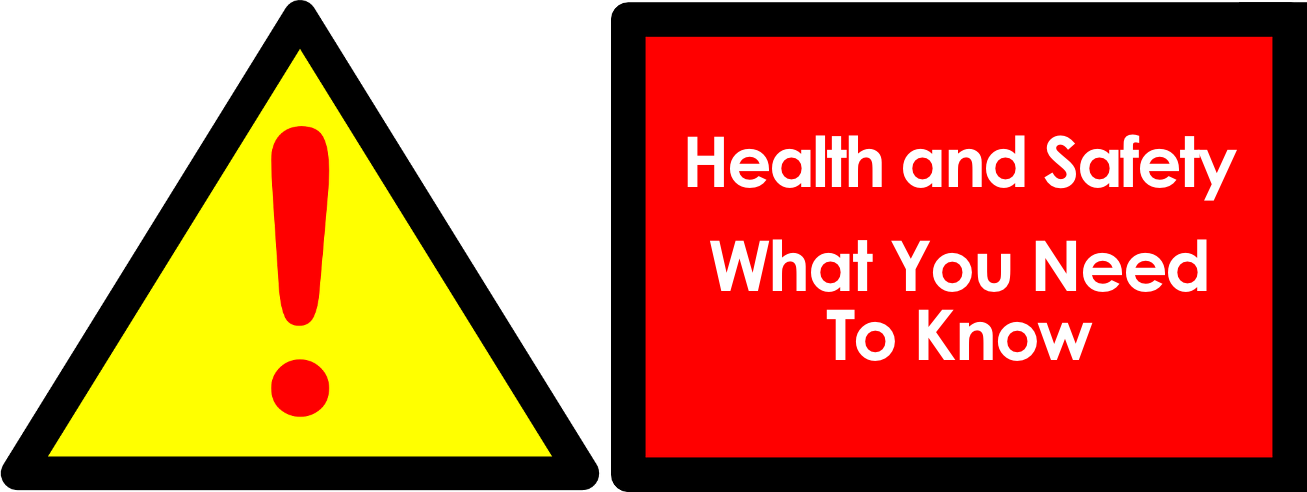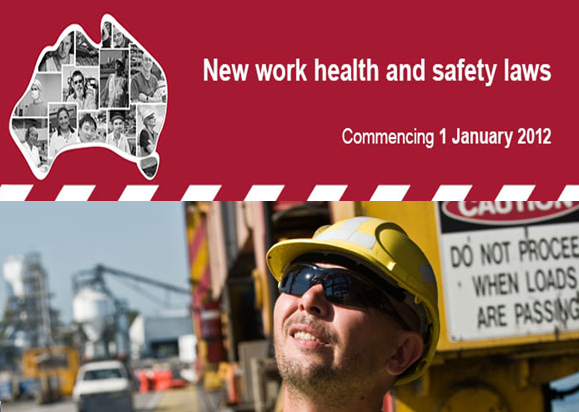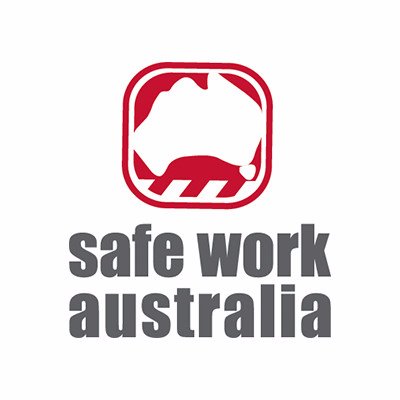Directors and Officers
Directors and Officers
Officers, including company directors, are individuals who have high level obligations for work health and safety.
These obligations are important as health and safety commitment and leadership from the top levels of the business or undertaking is critical to health and safety outcomes.
Therefore, officers must ensure the person conducting a business or undertaking (PCBU – the new term that includes employers) has arrangements in place to comply with its legal obligations.
It is an officers duty to exercise due diligence to ensure their business or undertaking fulfils its health and safety obligations under the Work Health and Safety Act 2011.
- to acquire and keep up to date knowledge of work health and safety matters
- to gain an understanding of the operations of the business and the hazards and risks involved
- to ensure appropriate resources and processes are provided to enable hazards to be identified and risks to be eliminated or minimised
- to ensure information regarding incidents, hazards and risks is received and the information is responded to in a timely way
- to ensure the PCBU has, and implements, processes for complying with any legal duty or obligation
- to ensure processes are verified, monitored and reviewed.
Though not exhaustive, these elements form part of a unified system for ensuring organisational compliance.
Definition of an officer.
An officer is a broad term that applies to people who can make decisions that significantly affect a business or undertaking.
An officer can be:
- a director or secretary of a corporation
- any person who can make, or participate in making, decisions that affect the whole, or a substantial part, of the business of the corporation
- a person who has the capacity to affect significantly the corporation’s financial standing
- a receiver, or receiver and manager, of the property of the corporation.
- an administrator of a corporation
- an administrator of a deed of company arrangement executed by a corporation
- a liquidator of a corporation
- a trustee or other person administering a compromise or arrangement made between the corporation and someone else.
The Work Health and Safety Act 2011 (WHS Act) uses the meaning of officer used in section nine of the Commonwealth Corporations Act 2001.
An officer is a broad term that applies to people who can make decisions that significantly affect a business or undertaking.
An officer can be:
- a partner in a partnership
- an Minister of the Crown
- an elected member of a local authority.
It is important for all persons conducting a business or undertaking (PCBU – the new term that includes employers) to identify their officers within their company or organisation and ensure they are aware of their due diligence obligations.
Latest News
Get In Touch
Address
SYDNEY | MELBOURNE | BRISBANE | ADELAIDE | PERTH










